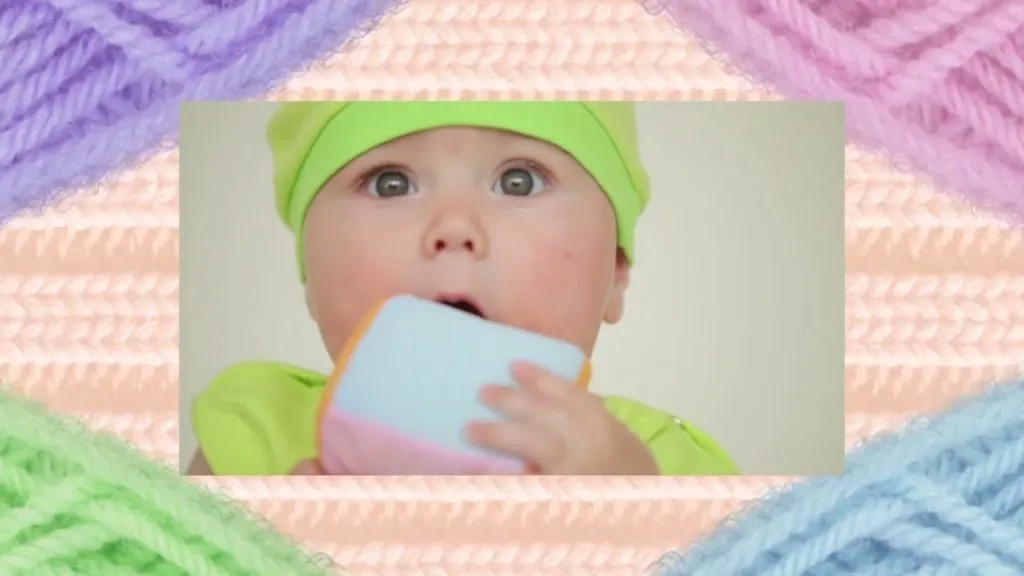What is Responsible Parenthood? and its Role in Life
When the Catholic Church refers to responsible parenthood, what does it want us to understand? Is he telling us that we have to have many children or few children? Is he referring only to those that can be supported financially? Is any “method” admissible to limit births?
What is responsible parenting?
Trying to make a definition of responsible parenthood is to find opinions and points of view whose difference lies in the depth of the matter, because some partially use this concept to justify their institutional objectives, having reproductive health as a possible justification, but these initiatives find a critical position in the postulates of the Catholic Church.
Responsible parenthood is about a process of discernment that the spouses must carry out, by mutual agreement, with generosity and before God, in relation to the need to procreate and establish themselves as a family.
Responsible fatherhood and motherhood is an exercise in using intelligence in a straight way, in the transmission of life. This supposes being aware that bringing a new life is not something simply biological, but involves the parents in their reason, in their will and in their spiritual dimension. It means seeking, in a conscious and generous way, the will of the Father, on the dimension of one’s own family and deciding the concrete way to carry it out.
In order to understand Christian thought on this subject, a fundamental principle must be taken into consideration: the magisterium of the Church indicates that having a child represents having a precious asset, not something to be avoided a priori, and it is a gift, not a right.
What should be the attitude of future parents?
Responsible parenthood is about, above all, that the spouses have an attitude towards that new child: the problem with this issue is whether they are “owners”, or if they are actually the “administrators” of that parenthood.
When thinking about having a child or avoiding a new birth, spouses must assess their physical, psychological, economic and social conditions. And by carrying out what they have decided, they know and respect the biological laws, dominate their own sexual tendency and exclude contraception, which is what Carlo Caffarra indicates in the Lexicon of the Pontifical Council for the Family.
In the encyclical Humanae Vitae, the Church set out a clear position in 1968, regarding some complex realities of the first half of the 20th century. At that time, new systems were being developed, invented and applied that sought to implement birth control in the face of the imminent demographic explosion and the stress of the life and work system.
First half of the 20th century
During that period, biogenetics and the anovulatory pill were invented, abortion and female liberation were promoted, proclaiming the so-called “reproductive health”. Even today, the concept of responsible parenthood continues to provoke various, and even opposing, interpretations, which are normally linked to the supposed need to reduce births and to the woman’s right to decide on her body.
John Paul II clarified that “the true concept of responsible fatherhood and motherhood is linked to honest birth control from an ethical point of view”, that is, it refers to an attitude that is based on the maturity of the person who underlines the virtue of temperance of the human being who professes faith
Responsible parenthood and planned parenthood
Responsible parenthood is not the same as planned parenthood. The reasons that lead to spacing a birth must be serious and considered. Trying to combine love between spouses with the responsibility of transmitting life implies recognizing our own duties in person before God and that we are not acting on a whim, but with conscience.
Thus, taking into account the objective criteria, which must be taken from the nature of the person and their actions, with which they maintain the sense of mutual giving and the need for human procreation, they will be able to decide whether to form a family numerous or, for serious reasons and taking into account the moral law, they avoid having a child, for some time or indefinitely.
If they make the decision to space the births of their children, they must be sure that this desire is not born of selfishness, but is in accordance with the just generosity of responsible parenthood . In addition, they must sincerely practice conjugal chastity and respect the essential aspects of sexual relations, whose ultimate goal is procreation.
lawful methods
In this context, it is lawful and in accordance with the moral law, to take into account the rhythms of the woman’s body and resort to the natural methods that exist to regulate fertility, limiting sexual relations to periods of infertility.
In addition, when sexual intercourse occurs, each must freely accept that as a result of it he could be a father or a mother, and, if that is what happens, the conception is unforeseen. Karol Wojtyla warns in his book Love and Responsibility that “if this disposition is lacking, they should renounce conjugal relations”.
The decision whether or not to have a child must be made within moral constraints, because not just any method can be used to limit births. Being able to use intelligence in the transmission of life gives true meaning to paternity, as long as there is a right will and the laws of nature, which were established by the Creator, are respected. This is radically different from artificial contraceptives, which are intended to impose the human will to make procreation impossible.
Legitimately using a natural provision to limit births is totally different from preventing the development of natural processes; it is the difference between acting as administrators of the sources of human life and believing oneself to own them.
Only in the first case, the spouses consciously avoid sexual relations in periods of fertility and maintain them in the rest of the time of infertility to show affection and safeguard mutual fidelity. In addition, the self-control required to practice periodic sexual abstinence shows respect for the body of the spouses and favors the education of authentic freedom.
artificial methods
In this context, using artificial means of contraception such as the condom, the IUD or the pill is materially and morally contrary to the good of the transmission of life and the reciprocal giving of the spouses, it also causes damage to true love and denies the role decision of God in the transmission of life; it is affirmed that voluntarily making a conjugal act infertile is to take away its inner truth, which are the loving union and potential fertility, is dishonest and continues to be so, even in the future of a fertile conjugal life.
However, resorting to natural methods, which, in principle, are ethically acceptable, but doing it selfishly and without taking into account the ethical principles of responsible parenthood, is also contrary to the will of God. The ethical extension of the decision to have a child or not is so essential that, without it, the difference between natural and artificial methods can no longer be determined.
In that case, the utilitarian interpretation that can be given to the natural regulation of fertility would falsify its essence and it would come to be spoken of as if it were just one more form of contraception.
Conclusion on what is responsible parenthood
As far as possible, it is desirable that pregnancies be planned, so that they occur at the time the couple wishes. But this decision must start from the couple, prior knowledge and education of the same, so that impositions that can even be of a political nature are avoided.
In addition, parents must be aware that procreating a human being implies not only a commitment and reciprocal duty between the couple, but also before the child, the family and society. It is not only a decision that concerns them, but it will have an effect on the entire family, and it will influence society, rightly or wrongly, since the family is not an island in society, but is the basic cell of society.
In short, it is “giving life to the full”, having the children you want, to transmit life “to the full”. That is to say, that it be the parents, and not other relatives or people, who teach their children, day by day, not only with words, but also with examples, to become true human beings, which requires a minimum of adequate preparation.







